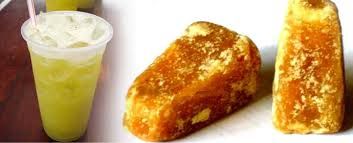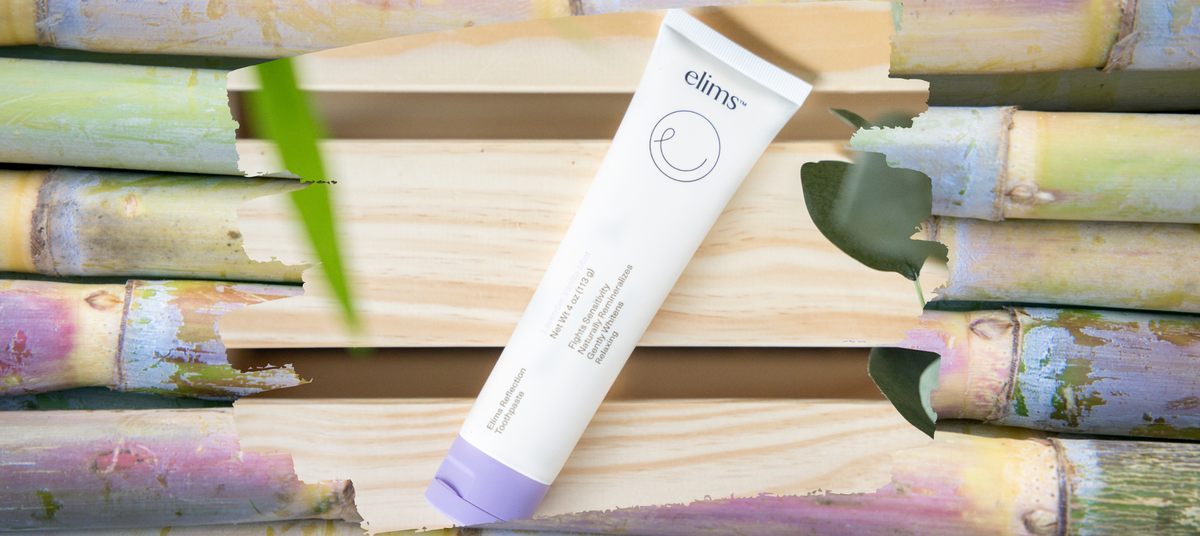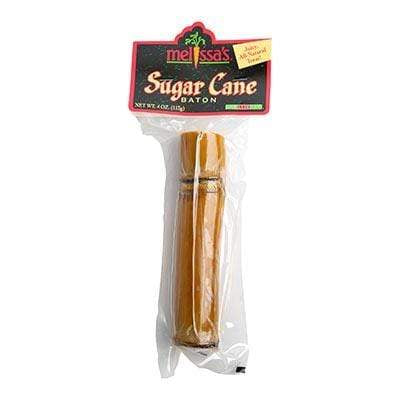Sugarcane Product: A Key Ingredient in Eco-Friendly Alternatives
Sugarcane Product: A Key Ingredient in Eco-Friendly Alternatives
Blog Article
Lasting Sugarcane Products: From Sweeteners to Eco-Friendly Product
The capacity of lasting sugarcane products expands beyond traditional sweeteners to incorporate an array of eco-friendly items, presenting an engaging case for their integration into modern-day consumer techniques. As the world grapples with pressing ecological problems, sugarcane arises as a flexible source qualified of resolving both dietary requirements and sustainability goals.
Overview of Sugarcane Sustainability
As the demand for eco-friendly items grows, understanding sugarcane sustainability comes to be progressively important. Sugarcane, a flexible crop, is cultivated mostly in exotic and subtropical regions, and its sustainability is essential for both ecological health and wellness and economic stability. Lasting sugarcane farming practices concentrate on minimizing environmental effect while taking full advantage of productivity and profitability.
Secret elements of sugarcane sustainability consist of efficient land usage, minimized chemical input, and improved water monitoring. Practices such as crop turning, integrated pest administration, and organic fertilization contribute to soil health and wellness and biodiversity. Additionally, innovative modern technologies, such as precision agriculture, aid enhance source use and decrease waste.
Furthermore, sugarcane is a renewable energy, with byproducts that can be utilized in numerous sectors, from biofuels to eco-friendly plastics, consequently decreasing dependence on fossil fuels and decreasing carbon impacts. Accreditations like the Bonsucro common motivate lasting methods throughout the supply chain, advertising transparency and accountability.

Sugarcane-Based Sweeteners
Making use of sugarcane as a primary source, sugarcane-based sugar have acquired prestige as natural options to refined sugars and sweetening agents (sugarcane product). These sweeteners, originated from the removal and handling of sugarcane juice, supply a variety of items that deal with varied consumer choices, including natural and minimally refined options
Amongst the most noteworthy sugarcane-based sweeteners are raw walking stick sugar, panela, and molasses. Raw cane sugar maintains even more of the natural flavors and nutrients discovered in sugarcane, making it a popular option for health-conscious customers. Panela, a typical Latin American sugar, is produced by vaporizing sugarcane juice, maintaining its natural minerals and vitamins. Molasses, a by-product of sugar removal, is rich in anti-oxidants and vital nutrients, working as a healthy sweetening representative in various cooking applications.
The expanding need for sugarcane-based sugar is driven by raising recognition of health and wellness and sustainability issues connected with conventional sugar. By picking sugarcane-derived items, consumers not just support lasting agricultural techniques however likewise add to a much healthier way of living, aligning their nutritional choices with their environmental worths.
Naturally Degradable Product Packaging Solutions
Emerging as a feasible option to standard plastics, naturally degradable product packaging solutions obtained from sugarcane are transforming the packaging sector. These innovative materials provide an eco-friendly option that deals with the growing problems over plastic contamination. Making use of the all-natural sugars located in sugarcane, makers are creating different kinds of naturally degradable packaging, consisting of movies, containers, and wraps that decompose more rapidly than conventional plastics.
The key advantages of sugarcane-based product packaging hinge advice on its eco-friendly sourcing and its capacity to break down into non-toxic byproducts. Unlike fossil fuel-derived plastics, which can continue in the setting for centuries, sugarcane product packaging normally disintegrates within a few months under appropriate problems. This reduction in waste not just alleviates garbage dump overflow but likewise lowers the carbon footprint related to product packaging products.
Furthermore, sugarcane-derived packaging maintains robust efficiency characteristics, offering similar longevity and capability to traditional options. As customers and companies progressively focus on sustainability, the adoption of biodegradable product packaging remedies represents a considerable step towards a round economic situation, where materials are recycled and restored instead of thrown out. This shift not only boosts brand image but also adds to a more sustainable future for the planet.
Eco-Friendly Textiles and Fabrics
Environment-friendly textiles and fabrics are gaining traction in the style and home goods sectors as customers progressively demand sustainable options to traditional products. Among the significant options are fabrics stemmed from sugarcane, which provide an environmentally accountable alternative to synthetic fibers. These fabrics are generated with a procedure that makes use of the renewable energies located in sugarcane, significantly lowering dependence on petroleum-based products.

Brand names are increasingly incorporating green textiles into their item lines, mirroring a more comprehensive dedication to sustainability. This shift is not simply a trend but a needed advancement in reaction to ecological issues. As the market for sustainable fabrics expands, customers can eagerly anticipate ingenious layouts that integrate design with ecological responsibility. Inevitably, eco-friendly textiles and fabrics stand for a significant action toward decreasing the garment industry's environmental impact while dealing with the growing demand for responsible consumer choices.
Innovations in Sustainable Farming
Revolutionizing agricultural practices, innovations in sustainable farming are changing the method plants are expanded and managed. These advancements concentrate on reducing ecological effect while making best use of performance and performance.

In addition, agroecology, which incorporates environmental concepts right into farming, promotes biodiversity and dirt health and wellness. Practices such as plant rotation, cover cropping, and intercropping foster resilient communities that can hold up against bugs and climate variants - sugarcane product. Furthermore, using natural fertilizers and biopesticides contributes to healthier dirts and ecological communities

With each other, these innovations are not only reshaping the farming landscape yet likewise adding to a much more lasting future for sugarcane and other crops, lining up agricultural methods with environmental stewardship.
Final Thought
Sustainable sugarcane items stand for a significant innovation in eco-friendly choices, extending from all-natural sugar to naturally degradable products. As customer preferences increasingly lean in the direction of lasting choices, the adaptability of sugarcane as an eco-friendly source becomes progressively relevant.
The possibility of lasting sugarcane products extends beyond conventional sugar to incorporate an array of green goods, offering an engaging case for their combination right into Continued modern customer practices. Lasting sugarcane farming practices concentrate on decreasing environmental effect while taking full advantage of performance and earnings.
Sustainable sugarcane products represent a considerable development in eco-friendly options, spanning from natural sugar to naturally degradable products. The cultivation of sugarcane via sustainable techniques not just enhances environmental wellness however also adds to economic viability. As customer preferences significantly lean towards sustainable alternatives, the adaptability of sugarcane as an eco-friendly resource becomes progressively relevant.
Report this page